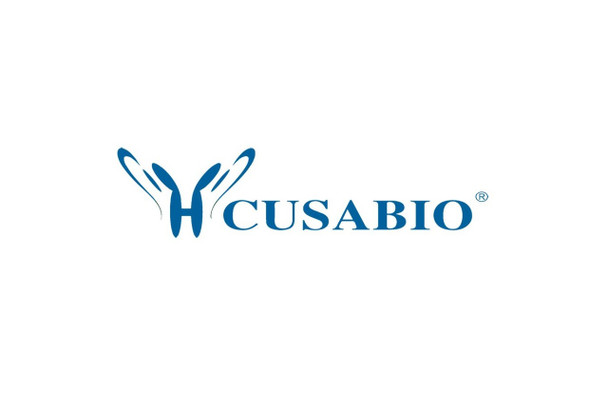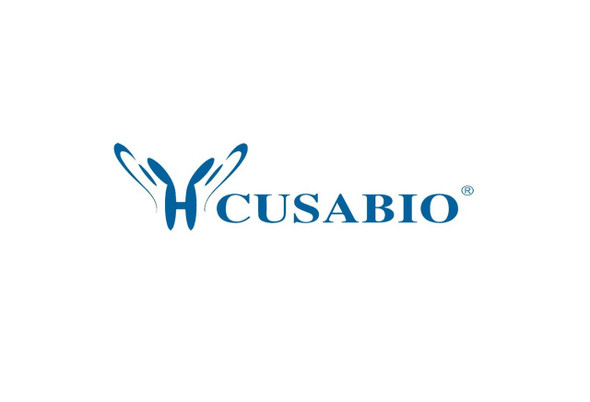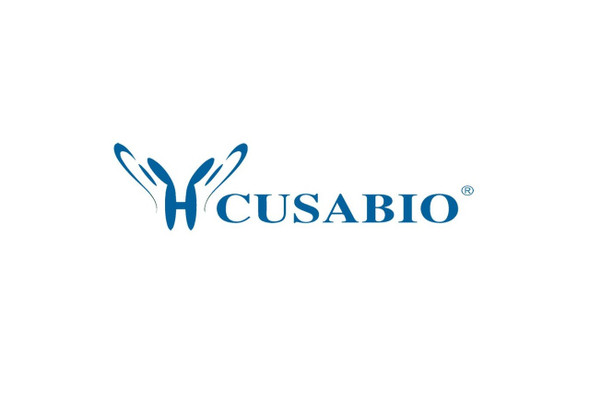Cusabio Human Recombinants
Recombinant Human Synaptosomal-associated protein 25 (SNAP25) | CSB-EP021873HU
- SKU:
- CSB-EP021873HU
- Availability:
- 3 - 7 Working Days
Description
Recombinant Human Synaptosomal-associated protein 25 (SNAP25) | CSB-EP021873HU | Cusabio
Alternative Name(s): Super protein ;SUPSynaptosomal-associated 25KDA protein
Gene Names: SNAP25
Research Areas: Neuroscience
Organism: Homo sapiens (Human)
AA Sequence: MAEDADMRNELEEMQRRADQLADESLESTRRMLQLVEESKDAGIRTLVMLDEQGEQLDRVEEGMNHINQDMKEAEKNLKDLGKCCGLFICPCNKLKSSDAYKKAWGNNQDGVVASQPARVVDEREQMAISGGFIRRVTNDARENEMDENLEQVSGIIGNLRHMALDMGNEIDTQNRQIDRIMEKADSNKTRIDEANQRATKMLGSG
Source: E.coli
Tag Info: N-terminal 6xHis-tagged
Expression Region: 1-206aa
Sequence Info: Full Length of Isoform 2
MW: 27.3 kDa
Purity: Greater than 90% as determined by SDS-PAGE.
Relevance: t-SNARE involved in the molecular regulation of neurotransmitter release. May play an important role in the synaptic function of specific neuronal systs. Associates with proteins involved in vesicle docking and mbrane fusion. Regulates plasma mbrane recycling through its interaction with CENPF.
Reference: Human cDNA clones encoding two different isoforms of the nerve terminal protein SNAP-25.Bark I.C., Wilson M.C.Gene 139:291-292(1994)
Storage: The shelf life is related to many factors, storage state, buffer ingredients, storage temperature and the stability of the protein itself. Generally, the shelf life of liquid form is 6 months at -20?/-80?. The shelf life of lyophilized form is 12 months at -20?/-80?.
Notes: Repeated freezing and thawing is not recommended. Store working aliquots at 4? for up to one week.
Function: t-SNARE involved in the molecular regulation of neurotransmitter release. May play an important role in the synaptic function of specific neuronal systems. Associates with proteins involved in vesicle docking and membrane fusion. Regulates plasma membrane recycling through its interaction with CENPF. Modulates the gating characteristics of the delayed rectifier voltage-dependent potassium channel KCNB1 in pancreatic beta cells.
Involvement in disease: Myasthenic syndrome, congenital, 18 (CMS18)
Subcellular Location: Cytoplasm, perinuclear region, Cell membrane, Lipid-anchor, Cell junction, synapse, synaptosome
Protein Families: SNAP-25 family
Tissue Specificity: Neurons of the neocortex, hippocampus, piriform cortex, anterior thalamic nuclei, pontine nuclei, and granule cells of the cerebellum.
Paythway: Excitatorysynapsepathway
Form: Liquid or Lyophilized powder
Buffer: If the delivery form is liquid, the default storage buffer is Tris/PBS-based buffer, 5%-50% glycerol. If the delivery form is lyophilized powder, the buffer before lyophilization is Tris/PBS-based buffer, 6% Trehalose, pH 8.0.
Reconstitution: We recommend that this vial be briefly centrifuged prior to opening to bring the contents to the bottom. Please reconstitute protein in deionized sterile water to a concentration of 0.1-1.0 mg/mL.We recommend to add 5-50% of glycerol (final concentration) and aliquot for long-term storage at -20?/-80?. Our default final concentration of glycerol is 50%. Customers could use it as reference.
Uniprot ID: P60880
HGNC Database Link: HGNC
UniGene Database Link: UniGene
KEGG Database Link: KEGG
STRING Database Link: STRING
OMIM Database Link: OMIM









